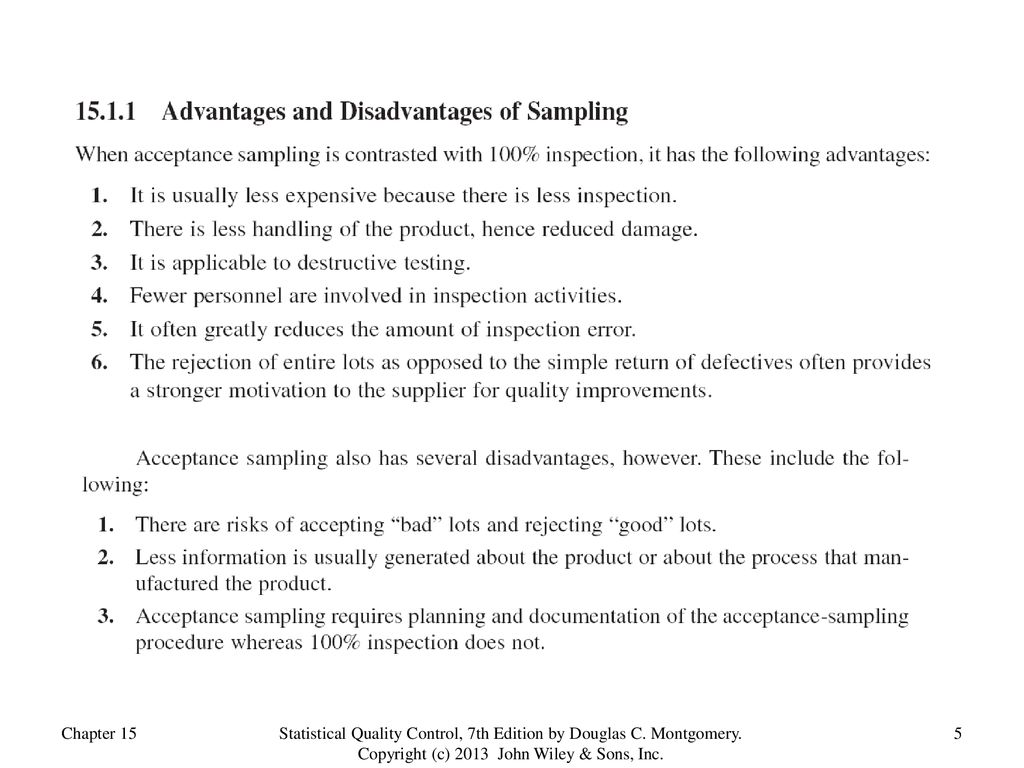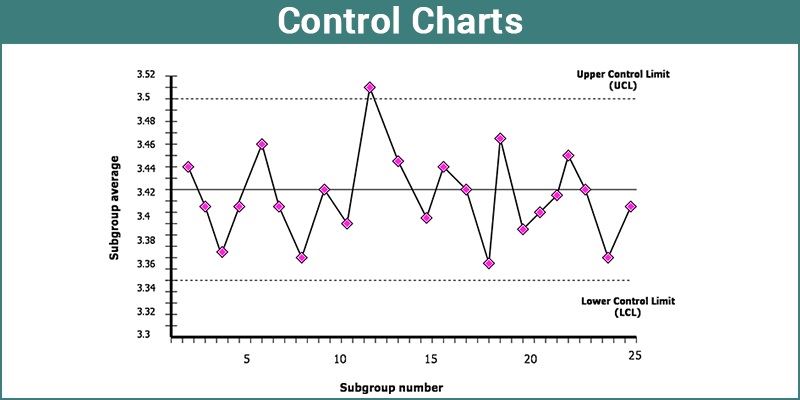Statistical quality control (SQC) is a method of analyzing and controlling the quality of products or services through the use of statistical analysis and statistical techniques. It is an essential tool for ensuring that products or services meet specified quality standards, and it is widely used in a variety of industries including manufacturing, healthcare, and finance. There are several advantages to using SQC in quality control, which are discussed in more detail below.
One major advantage of SQC is that it allows for the continuous monitoring and improvement of quality. By collecting and analyzing data on the quality of products or services, SQC helps identify patterns and trends that can be used to identify potential problems and implement corrective action. This continuous process of improvement helps to ensure that products or services consistently meet or exceed the required quality standards.
Another advantage of SQC is that it is based on statistical principles, which means that it is objective and unbiased. This is important because it helps to eliminate subjectivity and personal bias from the quality control process, ensuring that decisions are made based on data rather than opinion. This can help to improve the credibility and reliability of the quality control process, as well as the quality of the products or services being produced.
SQC is also cost-effective because it allows for the identification and correction of quality problems before they become widespread or costly to fix. By identifying and addressing quality issues early on, companies can save money on rework, repairs, and product recalls, which can be expensive and damaging to a company's reputation.
Additionally, SQC can help companies to meet regulatory requirements and industry standards. Many industries have strict quality standards that must be met in order to do business, and SQC can help companies to ensure that they are meeting these standards consistently. This can help to improve a company's reputation and increase customer confidence in the products or services being provided.
In summary, SQC is a valuable tool for improving the quality of products or services, as it allows for continuous monitoring and improvement, is based on statistical principles, is cost-effective, and helps companies to meet regulatory requirements and industry standards. By using SQC in quality control, companies can improve the reliability and credibility of their products or services, increase customer confidence, and save money by identifying and correcting quality issues early on.






